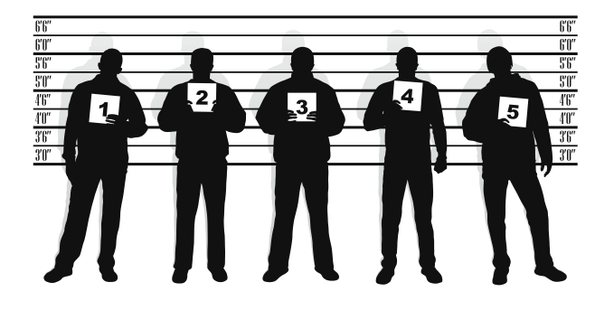****The task is me... myself telling an inspirational story about someone else, other than myself.
I enjoyed telling Matt's story and I hope that I told it the way he would have wanted me to, like I said in the video that he could not do it due to scheduling conflicts. It was nice learning about his story.
I gained from this experience that you should keep pushing forward no matter what.
TELL YOUR STORY TO ENCOURAGE OTHERS... MMM'KAY?!


